CERTIFICATES
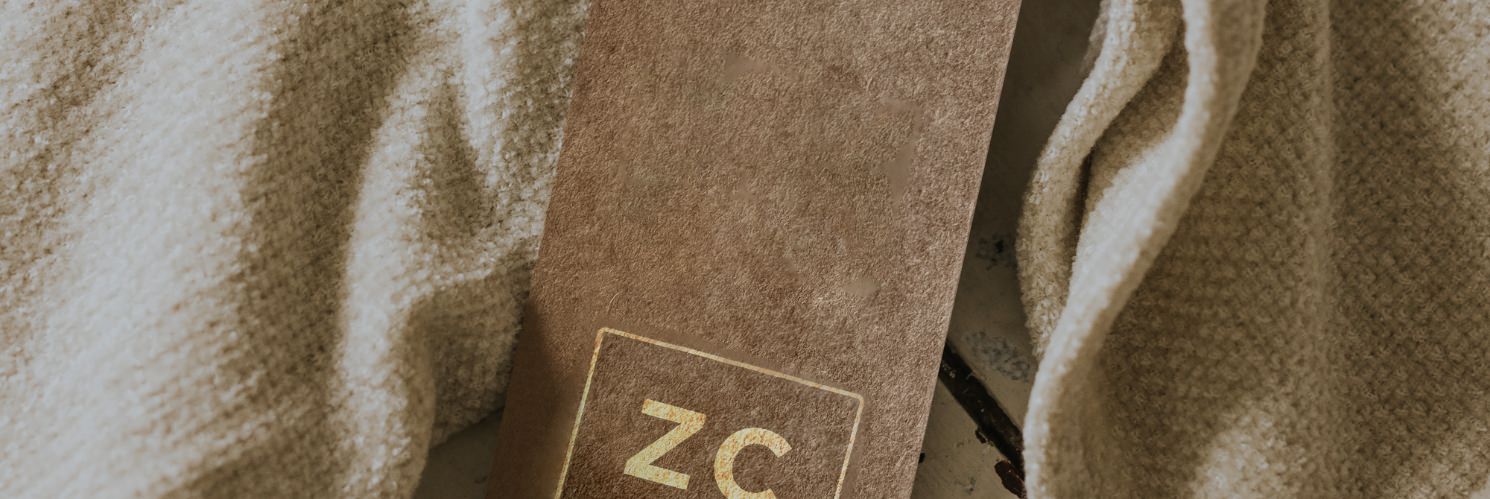
-
GOTS
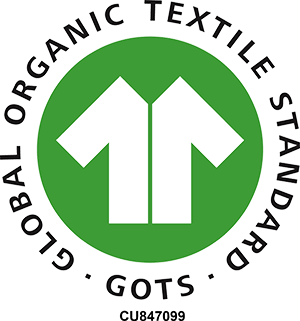
The Global Organic Textile Standard (GOTS) is the world's leading textile processing standard for organic fibers, including ecological and social criteria, certified across the entire textile supply chain through independent certification. This standard ensures that the raw materials used in textiles comply with the rules guaranteeing organic production standards throughout the process, from harvesting to labeling the product. The GOTS certification is based on four key aspects: organic fibers, ecological and social criteria, production processes, and certification by independent organizations. The GOTS certification helps ensure compliance with each of the 17 UN Sustainable Development Goals and actively promotes collaboration with all relevant stakeholders.
-
OCS
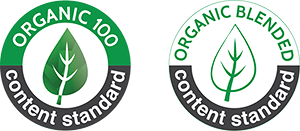
The Organic Content Standard (OCS) is an international, voluntary standard that defines the requirements for third-party certification of certified organic inputs and the chain of custody. The primary goal of OCS is to increase organic agricultural production. OCS applies to all non-food products containing organic material. It verifies the presence and quantity of organic material in the final product and tracks the flow of raw materials from the source to the final product.
-
GRS-RCS
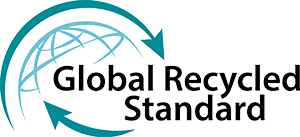
The Global Recycled Standard (GRS) and Recycled Claim Standard (RCS) are product standards created to track and verify the recycled content in the final product throughout the supply chain. They help businesses create a greener supply chain while also promoting the development of topics such as Traceability, Environmental Principles, and Social Requirements.
-
HIGG INDEX
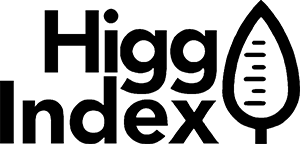
The Higg Facility Environmental Module (Higg FEM) is a sustainability assessment tool that standardizes how facilities measure and evaluate their environmental performance each year. Facilities must complete and submit the Higg FEM annually. Zeynar Mensucat completes the Higg FEM once a year under the Higg Index.
-
BCI
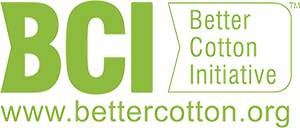
BCI (Better Cotton Initiative) was established by stakeholders in the cotton sector with a special purpose. It offers an inclusive and efficient approach to more sustainable cotton production through continuous improvement, with the potential to reach a large number of farmers globally and drive transformational change. The primary goal is to maximize impact at scale and create a mainstream solution to the persistent sustainability challenges in the cotton sector. Therefore, since its inception, the Better Cotton Standard System has been different from traditional certification systems by going beyond compliance and emphasizing capacity building and continuous improvement.
-
TEXTILE EXCHANGE
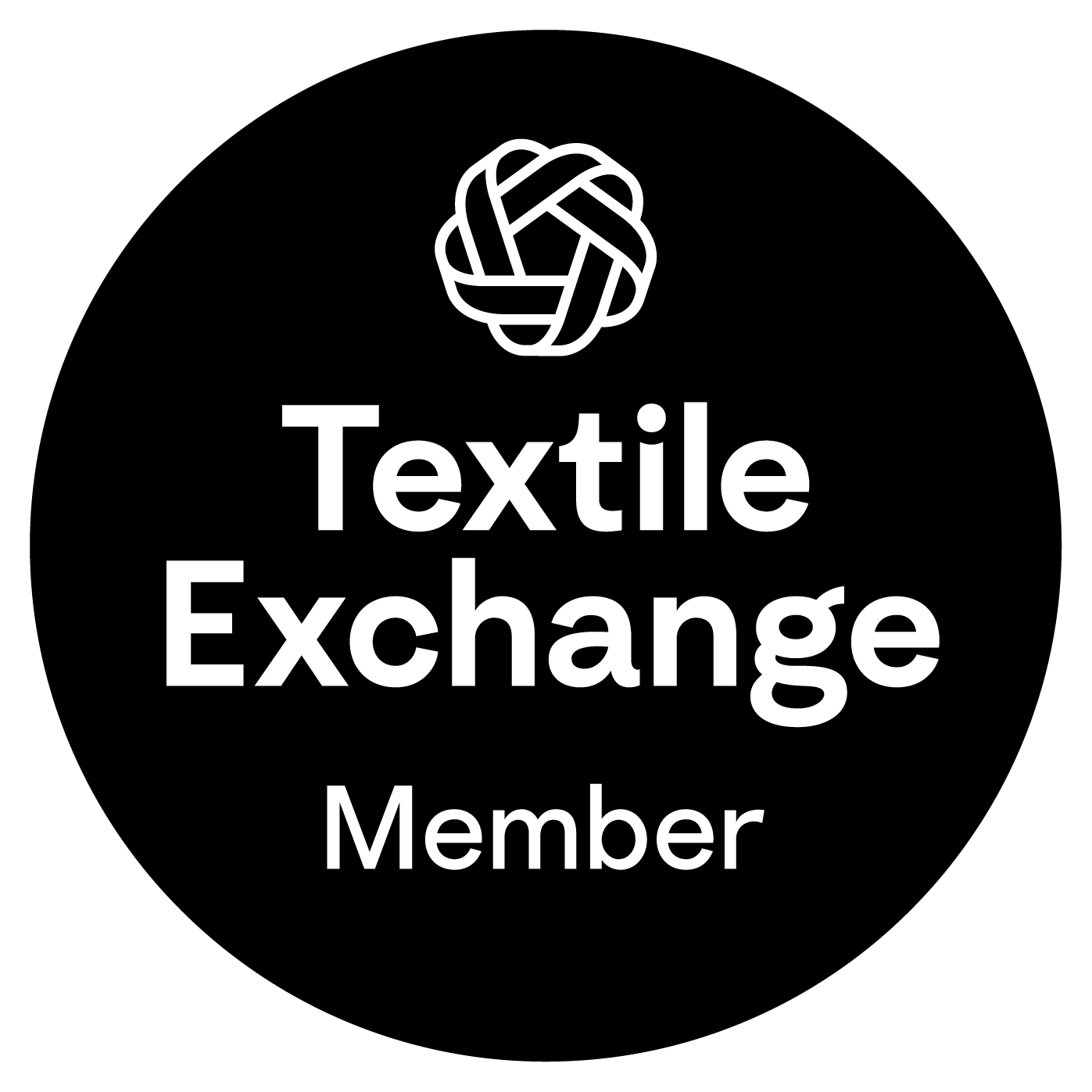
Textile Exchange is a global, non-profit organization that takes positive action on climate change in the fashion and textile industry. From the beginning of the supply chain, it guides and supports a growing community of brands, retailers, manufacturers, farmers, and others committed to climate action towards more purpose-driven production.
-
BLUESIGN

The bluesign® standard is an independent approval system that aims to find solutions for minimizing environmental impact throughout the entire production process while protecting human health for sustainable textile production.Companies that are bluesign partners agree to establish sustainable management systems by adhering to the following five principles:Resource Efficiency: Producing high-quality textile products while minimizing resource consumption and reducing environmental impact.Consumer Safety: Manufacturing high-quality products that pose no health risks to workers or consumers.Water Management: Utilizing sustainable materials, optimizing operations, and employing effective wastewater treatment technologies.Air Emission: The bluesign® system aims to minimize air emissions by setting strict and sensitive criteria for material and process selection, in line with its other principles.Occupational Health and Safety: Ensuring the careful and safe use of chemicals in the production process. Within the scope of the bluesign® system, training programs are prepared for employees on the storage and transportation of hazardous substances.
-
OEKO-TEX
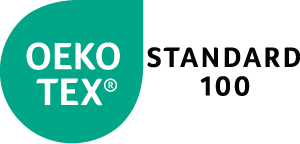
OEKO-TEX 100 is a globally recognized testing and certification system that verifies textile products are tested for harmful chemicals at all stages of production.OEKO-TEX® product labels are awarded to textile products that have been tested against harmful substances, are environmentally friendly, and are produced with a sense of social responsibility. It represents customer trust and high product safety.Our Oeko-Tex certification complies with Class 1 Annex 6.Product classes are determined based on their intended use. Product Class 1 includes products for babies and adheres to the strictest requirements and limit values.Annex 6 is complemented by more advanced and often stricter requirements aimed at achieving better environmental performance during production.We renew our OEKO-TEX 100 certification annually. Since sustainable products are constantly being added, we also expand the scope of our certification in this direction.
-
ZDHC
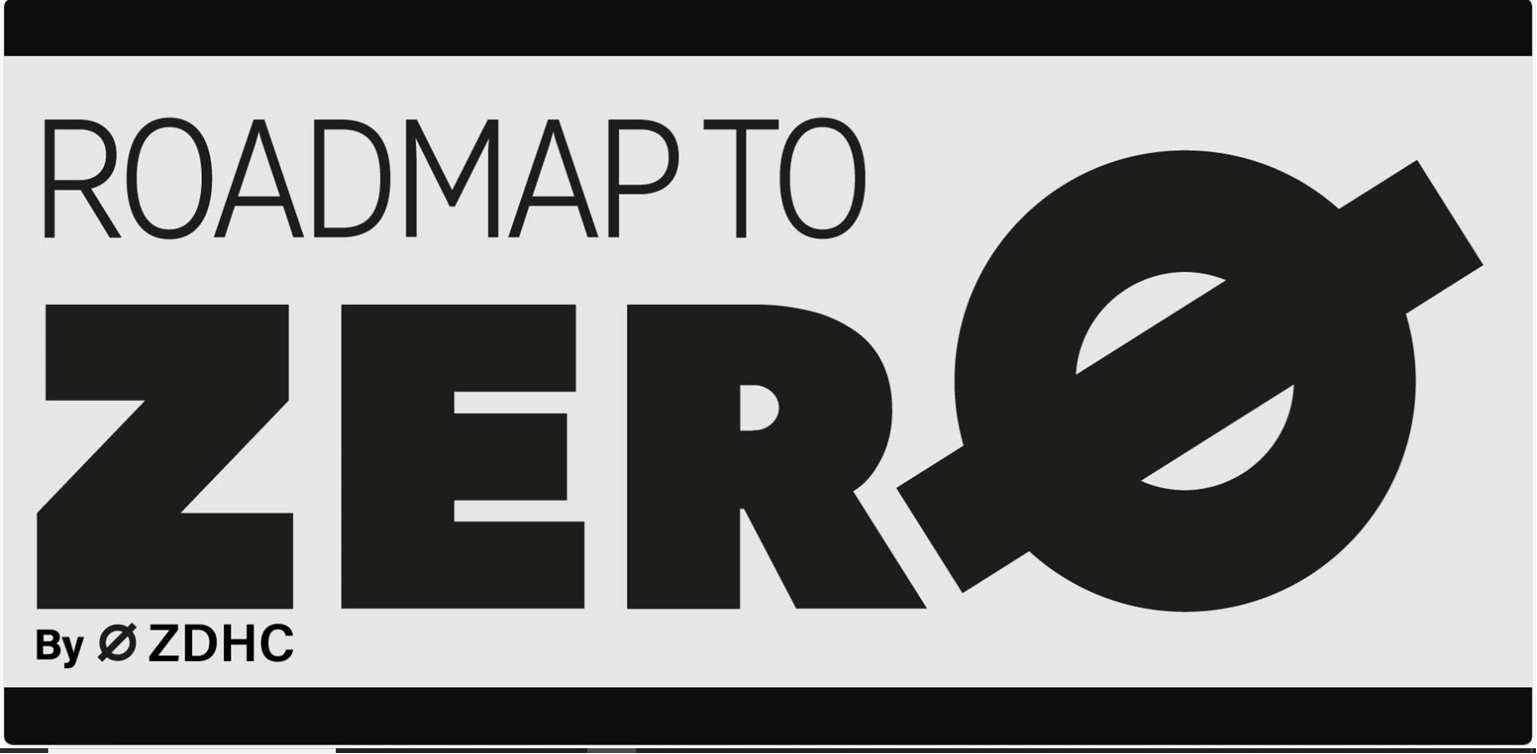
The Global Recycled Standard (GRS) and Recycled Claim Standard (RCS) are product standards created to track and verify the recycled content in the final product throughout the supply chain.They help businesses create a greener supply chain while also promoting the development of topics such as Traceability, Environmental Principles, and Social Requirements.
